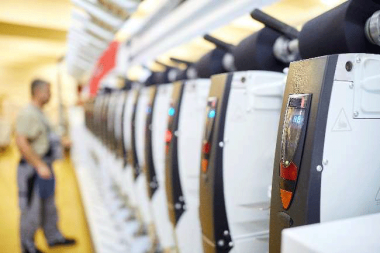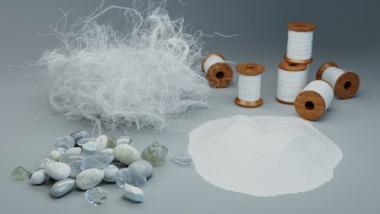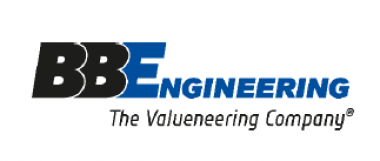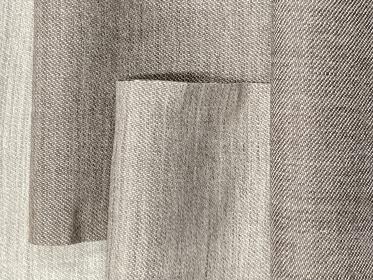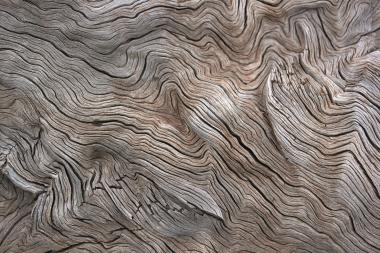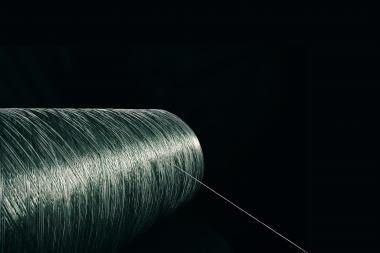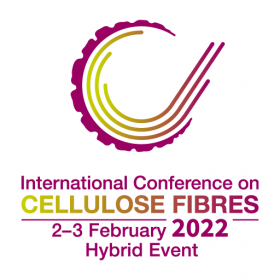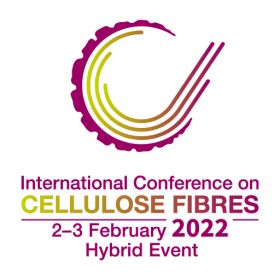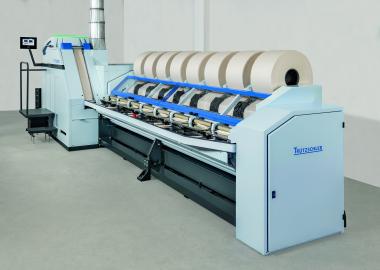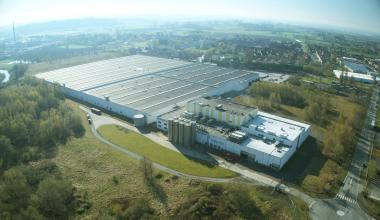Gebr. Otto with a specialised portfolio at Techtextil 2022
Gebr. Otto is exhibiting at this year’s Techtextil from 21 to 24 June in Frankfurt. The Dietenheim-based textile company manufactures a selected range of functional high-tech yarns made, for example, of conductive, high-strength and flame-retardant fibres. Gebr. Otto’s aim at the trade fair is to make personal contacts and to expand regional technology chains. The textile solution provider is to be found, as in past years, at the BW-I joint stand in Hall 12.1 at Booth No. C80.
Growing demand for technical yarns
“In the industry Gebr. Otto is mostly known for its cotton yarns and twines,” says Robin Hefter, who is in charge of technical textiles at Gebr. Otto. Cotton is the fibre that is mainly spun in the company’s spinning mill. It has been Gebr. Otto’s main line of business for over 100 years. The technical yarns that have been in the company’s product range for a good five years are, by contrast, still relative newcomers. They account for around 10 per cent of the company’s output, their share of which is on the increase. “Technical textiles have proved to be a growth sector in recent years,” Hefter explains, “and due to current political events demand for them has increased even further.”
Portfolio with a protective character
That is a reference to personal protective equipment – clothing and gloves. Gebr. Otto’s highperformance functional yarns, many of which are based on high-tech fibres, are specially designed for use in this area. In addition to flame-retardant yarns made of meta-aramid Gebr. Otto processes antistatic or conductive fibres.
As a rule many chemical fibres are easily electrically chargeable without being able to discharge by themselves due to their low moisture absorption. That is why undesired discharges occur,
maybe even the next time you shake hands. In some situations, they can be life-threatening. “Imagine the team at a pit stop in a Formula 1 race,” Robin Hefter says. “refuelling a racing car
under pressure of time. There must not be a single spark, no matter how small.” That is why Gebr. Otto adds antistatic fibres to its technical yarns. They prevent electrostatic charging and
offer safety not only to pit stop teams but also to filling station attendants. If electric conductivity is required, conductive fibres are added. And high-strength fibres are used if high or ultra-high tensile strength is required.
Colour fastness rather than safety is required when it comes to spun-dyed yarns. The fibres take up the pigments more homogeneously than if they are dyed as yarn. They are much more colourfast and fade markedly less in sunlight because the pigment particles are better enclosed in the fibre.
Gebrüder Otto GmbH & Co. KG Gebr. Otto Baumwollfeinzwirnerei GmbH & Co. KG Techtextil industrial yarns
Gebr. Otto Baumwollfeinzwirnerei GmbH + Co. KG


